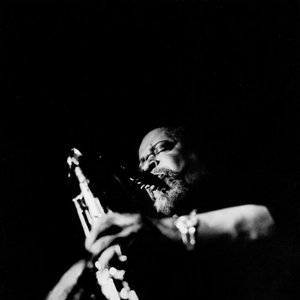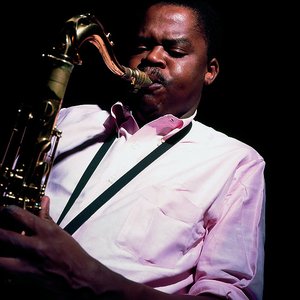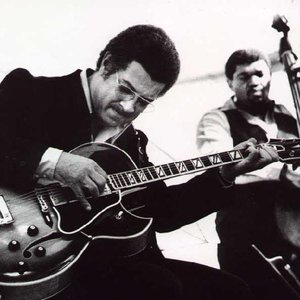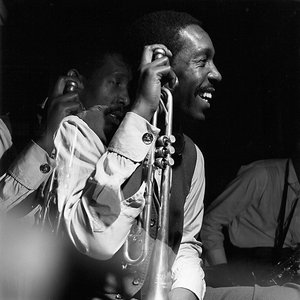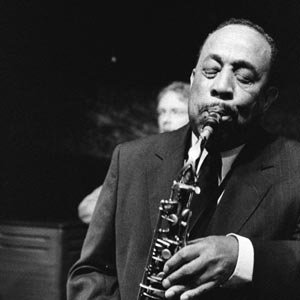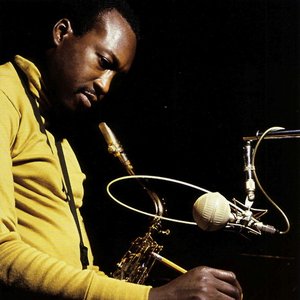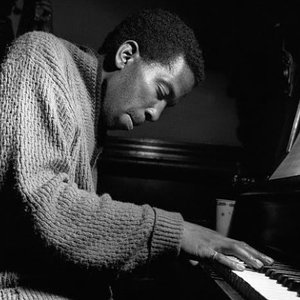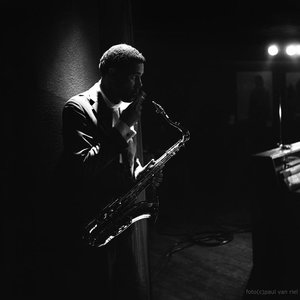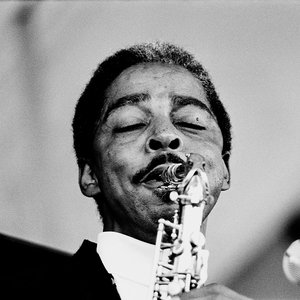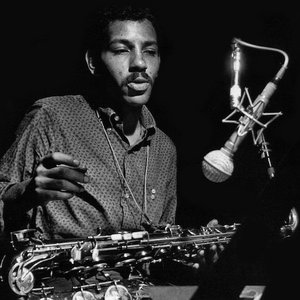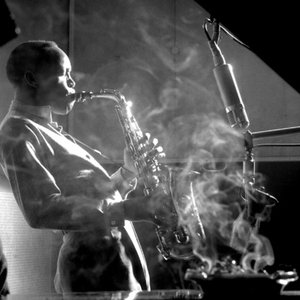Biografie
-
Geburtstag
17. August 1918
-
Geboren in
Newark, Essex County, New Jersey, Vereinigte Staaten
-
Gestorben
16. Januar 1963 (mit 44 Jahren)
Ike Abrams Quebec (born August 17, 1918 in Newark, New Jersey, died on January 16, 1963) was a jazz tenor saxophonist. His surname is pronounced KYOO-bek.
Critic Alex Henderson writes, "Though he was never an innovator, Quebec had a big, breathy sound that was distinctive and easily recognizable, and he was quite consistent when it came to down-home blues, sexy ballads, and up-tempo aggression.
An accomplished dancer and pianist, he switched to tenor sax as his primary instrument in his early 20s, and quickly earned a reputation as a promising player. His recording career started in 1940, with the Barons of Rhythm.
Later on, he recorded or performed with Frankie Newton, Hot Lips Page, Roy Eldridge, Trummy Young, Ella Fitzgerald, Benny Carter and Coleman Hawkins. Between 1944 and 1951, he worked intermittently with Cab Calloway. He recorded for Blue Note records in this era, and also served as a talent scout for the label (helping pianists Thelonious Monk and Bud Powell come to wider attention). Due to his exceptional sight reading skills, Quebec was also an uncredited impromptu arranger for many Blue Note sessions.
Due in part to struggles with drug addiction (but also due to the fading popularity of big band music), Quebec recorded only sporadically during the 1950s, though he still performed regularly. He kept abreast on new developments in jazz, and his later playing incorporated elements of hard bop, bossa nova, and soul jazz.
In 1959 he began what amounted to a comeback with a series of albums on the Blue Note label. Blue Note executive Alfred Lion was always fond of Quebec's music, but was unsure how audiences would respond to the saxophonist after a decade of low visibility. In the mid-to-late 1950s, Blue Note issued a series of Quebec singles for the juke box market; audiences responded well, leading to a number of warmly-received albums.
Quebec's comeback was cut short by his death from lung cancer.
Künstlerbeschreibungen auf Last.fm können von allen bearbeitet werden. Du kannst dich gerne beteiligen.
Sämtliche von Benutzern eingestellte Texte auf dieser Seite sind unter der Creative-Commons-Attribution/Share-Alike-Lizenz verfügbar. Es können weitere Bedingungen zutreffen.

